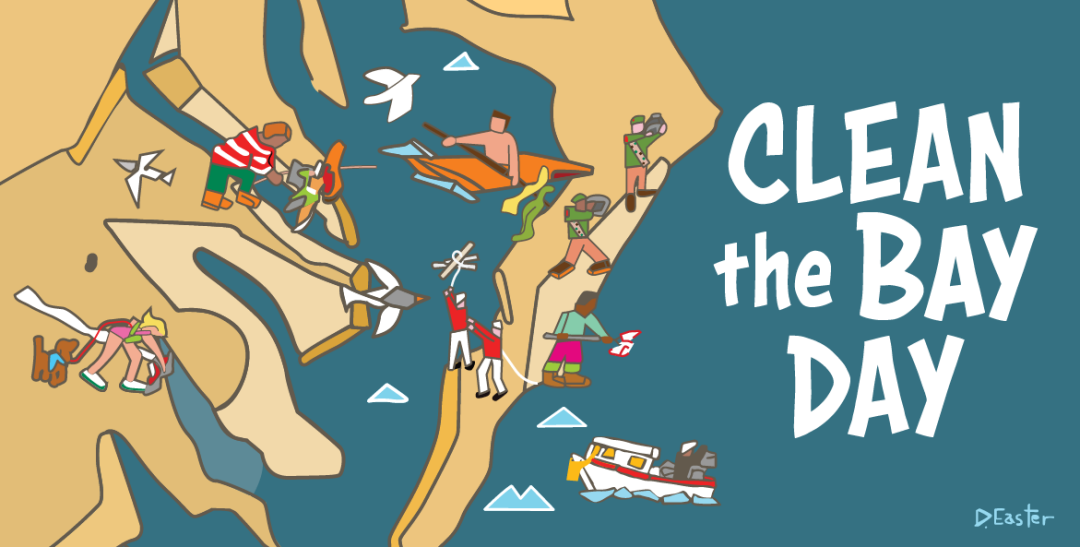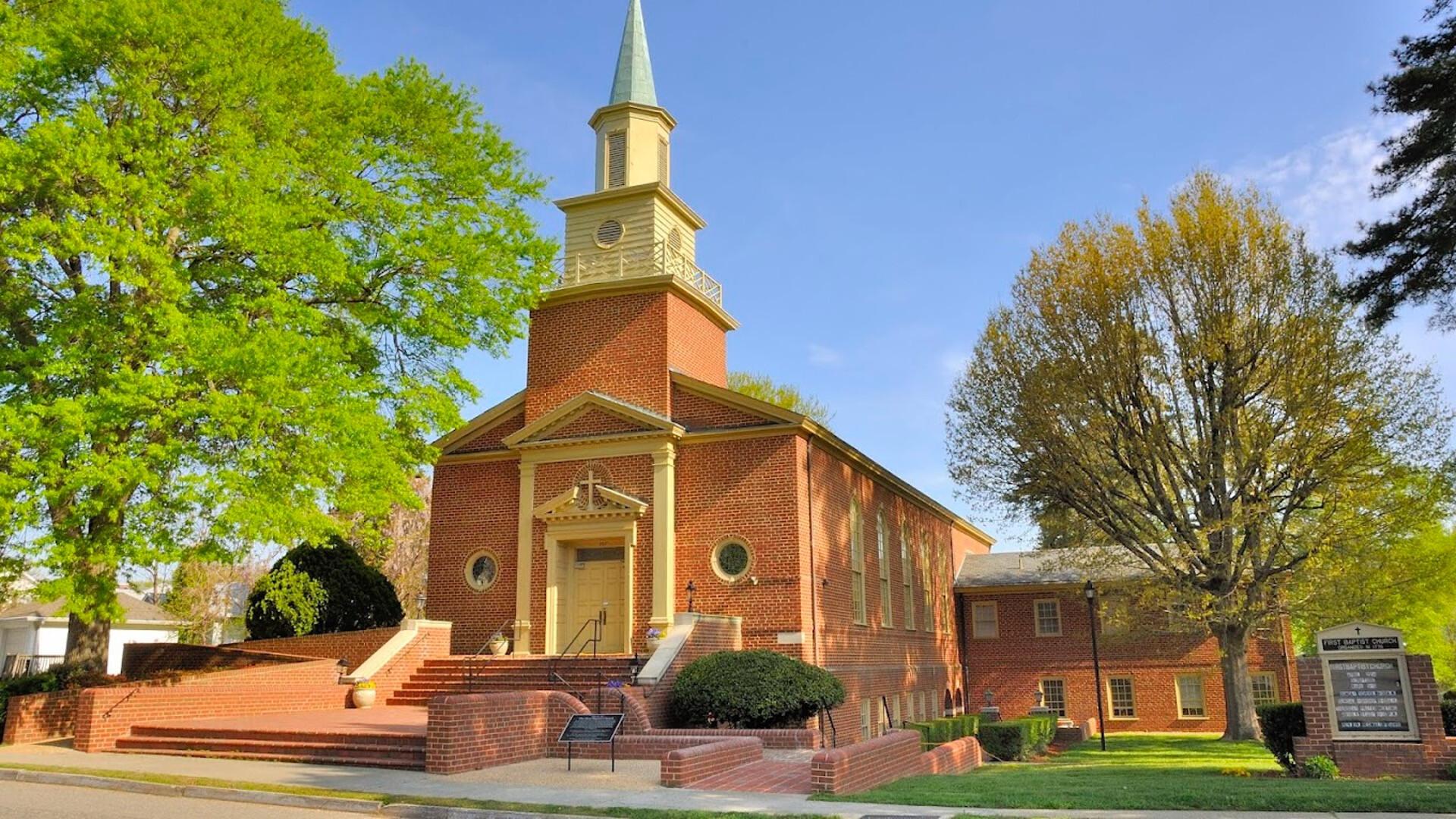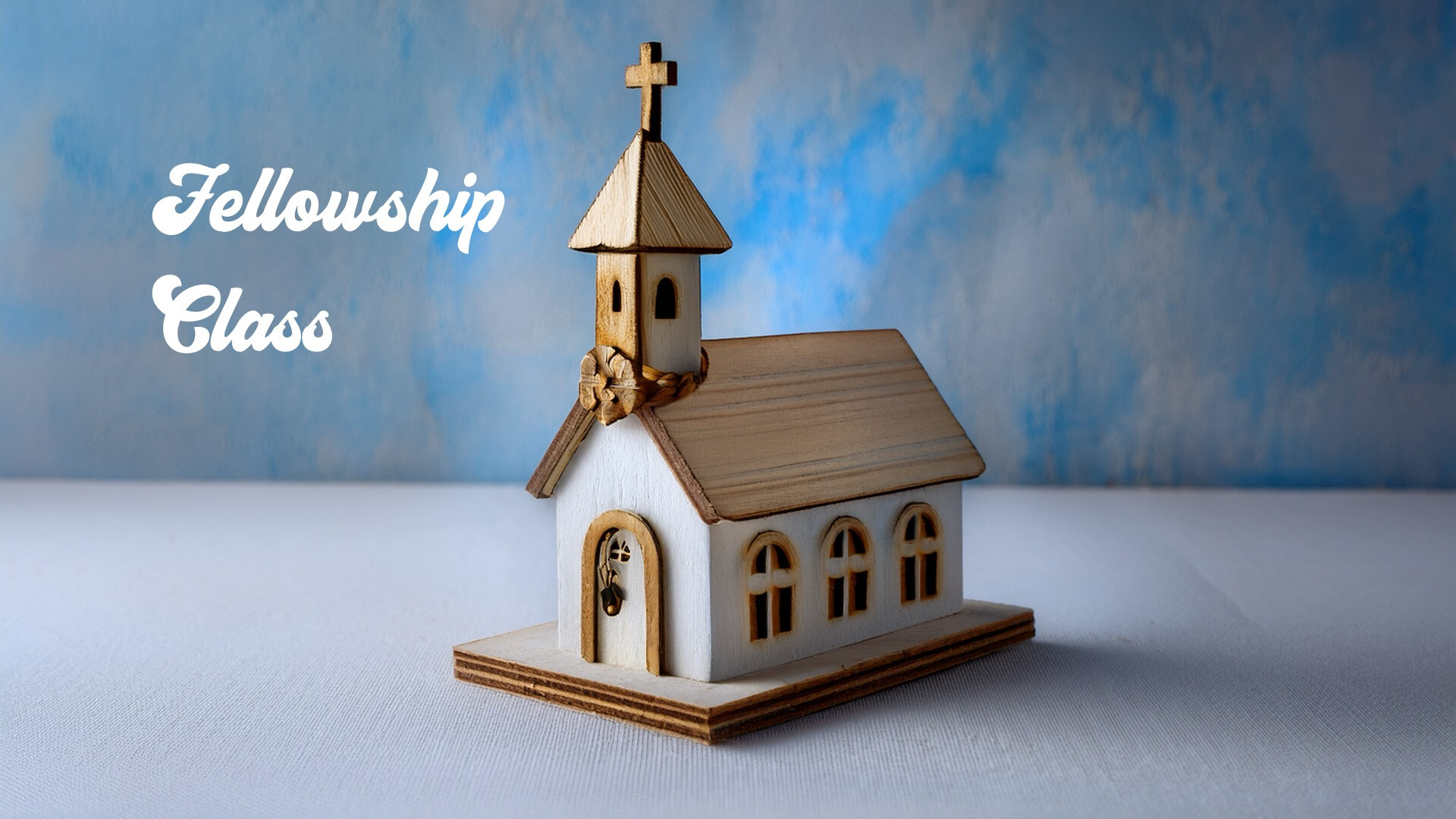
The Earth Care Committee invites you to help clean the Bay! We will gather at the York River State Park to clean up litter. Bring gloves, hats and bug spray. Coffee and muffins will be available as we gather at 8:30am for a picture. The event runs until noon. This is a family-friendly event!
Everyone can participate in cleaning the Bay!
16 million people live on the land that drains into the Chesapeake Bay, and the actions that we take in our daily lives have a big impact on our environment. You can make a difference in the health of this national treasure. Think about the choices you make in your home, in your yard, and at your table. Consider making changes to help lessen pollution in our waterways. Here are some ideas.
IN YOUR YARD
Make your lawn Bay-friendly. In your landscaping, use native grasses or other plants that don’t require watering or fertilizing. Reduce or eliminate use of chemical herbicides and pesticides. Learn to live with a dandelion or two. Lawn fertilizers and chemicals are a big source of nitrogen and phosphorus pollution and toxic runoff.
Avoid pouring toxic substances down storm drains. Don’t dump hazardous materials like solvents, paints, and preservatives. They go directly into streams and waterways to pollute the Bay. Use your county’s hazardous waste collection program instead.
Plant a tree. Besides providing oxygen to the atmosphere, trees hold soil in place with their roots, preventing erosion that runs into the Bay. They soak up fertilizers and other chemicals before they seep into waterways. And by shading your home in summer, they even reduce energy costs.
AT HOME
Drive less. Air pollution contributes more than one-third of all the nitrogen entering the Bay, and a large part of that is from vehicle exhaust. Make it a personal goal to combine errands and limit trips to reduce your contribution to auto emissions. And when the time comes to buy a new car or truck, choose the most fuel-efficient and low-emission gasoline, gasoline-electric hybrid, or alternative-fuel model in its class.
Buy local foods. Did you know that most foods you eat travel 1,300 miles before they get to your plate? Buying food that’s grown on local farms minimizes transportation-related emissions. It also keeps local farmers in business—which is good for Bay lands and, ultimately, Bay water quality. Try shopping for your produce at farmers’ markets, or join a Community Supported Agriculture farm.
Minimize your use of household chemicals. Instead of all-purpose cleaners, use baking soda or borax and hot water for almost any sort of household cleaning, from toilet bowls to greasy pots and pans and laundry. Natural products reduce toxic chemicals in the wastewater.
Conserve water. Take shorter showers. Turn off the water while you’re brushing your teeth, washing your hands, or doing dishes in the sink. By reducing your use of water, you help wastewater treatment plants function more effectively by reducing the volume they process.
IN THE COMMUNITY
Introduce a friend to the Bay watershed. Many people don’t realize that they are part of a watershed and that their actions have an impact on water quality. Share your concerns about the Bay with friends and neighbors, or visit a stream, creek, or park with a child. If people love their environment, they’ll be more likely to take care of it in the future.
Become an informed voter. One of the most important individual actions that you can take is to vote for thoughtful and responsible land use and conservation policies in your community and state. An informed electorate can flex its political muscle on behalf of the environment.
WANT TO KNOW MORE?
Visit the Chesapeake Bay Foundation Web site: cbf.org.



